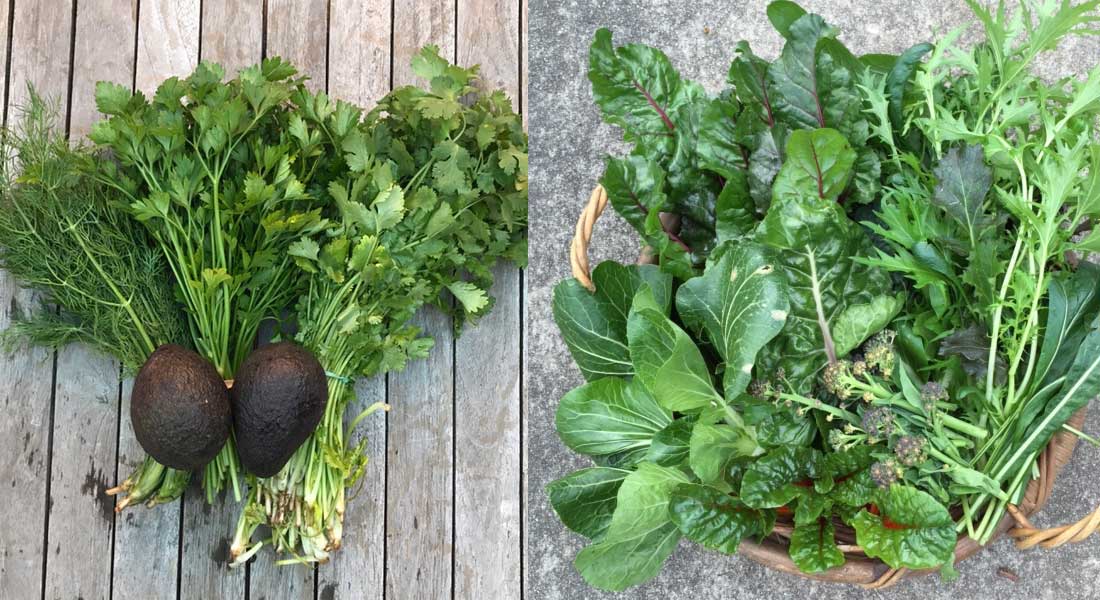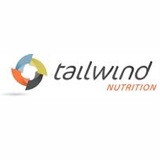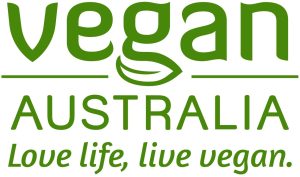Power to the plants
Since adopting a plant-based diet over 25 years ago, I haven’t suffered from a protein or calcium deficiency, I haven’t struggled to consume iron rich foods outside of animal foods nor have I withered away, lost my marbles or gone broke. Actually quite the opposite.
During this time I have reaped the health benefits of eating in-season, eating local produce and eating foods with little to no processing. My plate is filled with the good stuff; life giving foods not life taking.
Health wise I feel better at 41 than I did at 21. I’m more energetic, I have a higher sense of wellbeing and I owe this all to the mindful diet in which I follow. I owe most of it to the consumption of plants. The health benefits of consuming a 100% plant-based diet are vast:
- Lower blood pressure
- Lower cholesterol
- Better blood sugar
- Lower risk of Type 2 diabetes
- Lower risk of cancer
- Lower risk of heart disease
- Greater weight loss
As well as removing animal products and food from my diet, I am conscious not to consume:
- Refined sugar, which has strong links to obesity, diabetes and heart disease
- Refined grains, which lead to a rapid spike in blood sugar and weight gain
- Vegetable oils, which are high in inflammatory and cause oxidative damage
- Trans fats, which are linked to serious diseases such as heart disease
My diet is made up of fresh organic plant-based foods, not processed vegan foods which can be as damaging as their replacement counterparts; think facon, tofurky, and the gluten rich mock meats & faux fish products. I eat the colours of the rainbow, I thrive off leafy greens and I eat a combination of cooked, raw and fermented foods.
A mindful plant-based vegan diet is richer in nutrients; fibre, antioxidants, potassium, magnesium, folate and vitamins A, C and E. Not to mention essential fatty acids, Vitamin B12, iron, calcium, iodine, zinc and protein.
In answer to those questions, “Where do you get your…..?”
Vitamin B12
- Plant milks
- Yoghurts
- Breakfast cereals
- Spreads
- Yeast extracts including savoury (nutritional) yeast
- Supplements
Calcium
- Fortified foods such as plant milks and other dairy alternatives
- Tofu
- Fortified bread
- Green leafy vegetables; spring onions, cabbage, rocket, watercress, kale, broccoli and parsley
- Oranges
- Kidney beans and black eyed beans
- Mixed nuts and seeds
- Chickpeas
- Tahini
- Almonds
Iodine
- Iodized salt
- Sea vegetables
- Supplements
Iron
- Dried fruit
- Wholegrains
- Nuts
- Green leafy vegetables
- Potatoes
- Seeds
- Pulses
- Soy
- Parsley
- Watercress
- Dark chocolate
- Black molasses
- Edible seaweeds
Omega 3 & 6
- Oil of nuts and seeds; flax, mustard, hemp, rapeseed and walnuts
- Green leafy vegetables
- Soy
- Grains
- Pumpkin, sunflower and sesame seeds
Protein
- Pulses: pea, beans (adzuki, black-eye beans, chickpea, kidney beans, black beans)
- Lentils
- Soy: tofu, tempeh, milk
- Nuts: cashews, almonds, peanuts, pistachios, Brazil nuts, walnuts, pinenuts, hazelnuts
- Seeds: pumpkin, sunflower, sesame
- Grains: wheat, oats, buckwheat, millet, quinoa, amaranth, pasta, bread
Selenium
- Brazil nuts
- Wholegrains
- Beans
- White rice
Zinc
- Tofu
- Tempeh
- Legumes
- Grains
- Nuts
- Seeds
- Fortified cereals and meat substitutes
Find the power
Our bodies can only benefit from an increase in nutrient-rich, whole plant-based foods. Are you ready to embrace the power of plants?










Leave a Reply